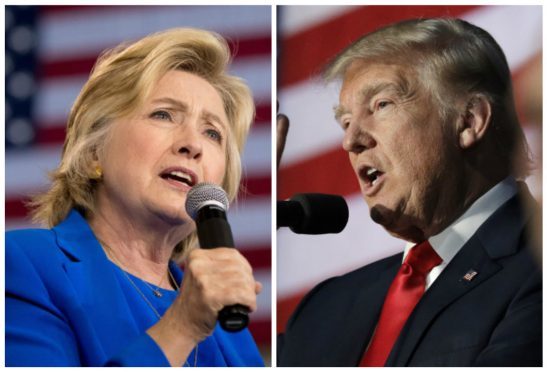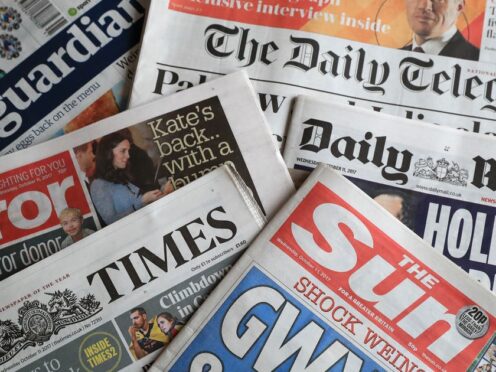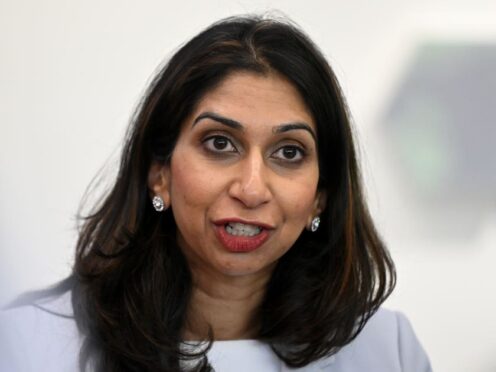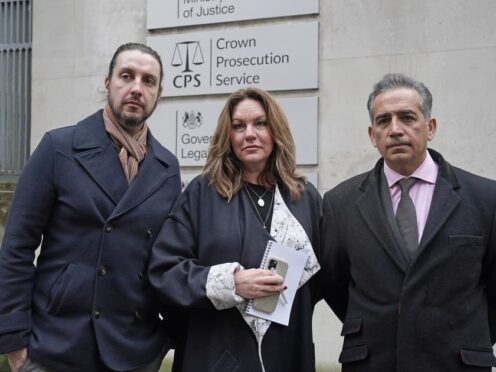The P&J’s Westminster correspondent Lindsay Razaq swaps UK politics for the US Presidential election.
One of the most notable aspects of the US presidential race is the negative ratings of both main candidates.
While Hillary Clinton and Donald Trump each have their diehard fans, for many Americans – around two-thirds – the choice is underwhelming.
Many commentators remain confident that the Democratic nominee will win next week.
But the widespread indifference has prompted some to look beyond traditional party lines for an alternative contender.
Steven Ginsberg, senior politics editor at the Washington Post, says Utah is the “extreme” example of this phenomenon.
There, Mormon and former CIA agent Evan McMullin is faring well in the polls thanks to a “fierce hatred” of both Mrs Clinton and Mr Trump.
For those Republicans turned off by the businessman, Mr McMullin is deemed a “safe place to go”.
Asked what’s behind the dislike of Clinton, Mr Ginsberg describes a persistent sense among voters of “something fishy”.
Unbelievably, he also points to the fact she is a woman, adding: “A lot of people are still uncomfortable with that.”
Throw into the mix her pioneering approach to being first lady and a dollop of “misinformation”.
Mr Ginsberg said: “One of the most fascinating things – and this is true not just of Trump supporters – is that people are quicker to say that Hillary Clinton is a liar than Donald Trump.
“The reason is they think he is candid about it, they think she is hiding something.”
Patrick Butler, of the International Center for Journalists, agrees Mrs Clinton’s gender may be a factor.
As well as perceptions of corruption “driven home by Mr Trump”, he notes her status as part of the establishment.
“This really is a year when people are wanting to shake things up,” he adds.
“She’s not a great campaigner. She’s not fiery and exciting on the campaign trail.”
Her polls are much better when she is in office than when she is running, he says.
The campaign thus far has also been defined by highly personal insult-trading between Mr Trump and Mrs Clinton.
There’s clearly no love lost.
Worryingly, Mr Ginsberg warns this could continue post-election day.
He says that – regardless of the result – he does not expect the losing side to accept the legitimacy of the winner.
“We will grind down into this awful gridlock,” he predicts.
Even more disturbingly, Mr Butler raises the prospect of violence, albeit as a worst case scenario, highlighting the “unpredictable” nature of some of Mr Trump’s supporters.
He also points to the Republican nominee’s refusal to confirm he will accept the result if he loses, which it looks as though he might, despite the 11th-hour lifeline in the form of E-mail-gate II.
That does not mean Mrs Clinton will emerge unscathed, however.
And significantly, the episode could have deeply damaging and divisive ramifications beyond the presidential contest.
Firstly, the FBI’s decision to review e-mails belonging to one of Mrs Clinton’s top aides may limit the margin of any victory.
This in turn could bolster Mr Trump’s repeated accusations of vote-rigging.
In contrast if she were to triumph with a large margin, those claims would carry far less weight.
Secondly, the Democrats will be rightly concerned about the knock-on effects in congressional elections, particularly in close Senate races where it could go either way.
A third of its seats are up for election this cycle, as well as all of the House of Representatives.
Mr Butler says the Republican-controlled House is unlikely to change hands “for a long time”.
But he believes there’s a “very strong chance” the Democrats could take back the upper house.
This would be hugely significant as although Supreme Court justices are nominated by the president, they must be approved by the Senate.
Mr Butler goes as far to say that control of the Senate is almost as important as who becomes president.
Of course, the reheated controversy over Mrs Clinton’s e-mail account puts this in jeopardy.










